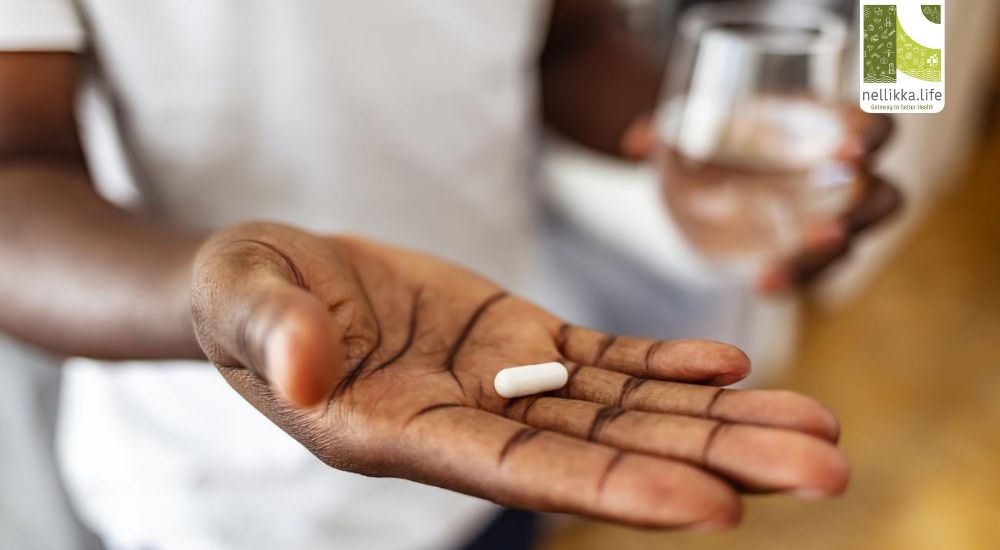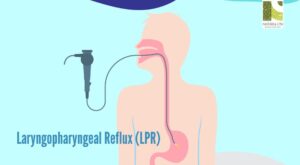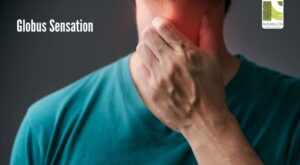Hot Water or Cold Water? The Right Way to Consume Tablets and Why Consistency Matters

Taking a tablet might seem like a simple act — pop it in your mouth, gulp it down, and move on with your day. But in reality, how you take your medicine can significantly affect its safety, absorption, and effectiveness. From water temperature to daily timing, small details can make a big difference in how your body responds.
This blog explores the science and best practices for consuming tablets, along with the crucial role of consistency in medication schedules.
1. The Science of Water Temperature
Why Room-Temperature Water Is Best
Most doctors and pharmacists recommend swallowing tablets with cool or room-temperature water (15–25°C).
- Hot water can soften the outer coating too quickly, potentially releasing the drug before it reaches the stomach. This may cause irritation in the mouth, throat, or esophagus.
- Ice-cold water can cause temporary constriction of the esophagus and stomach muscles, slowing down tablet transit and causing discomfort.
Research insight: A study in The Journal of Clinical Pharmacy and Therapeutics found that the dissolution rates of certain medications can vary significantly with temperature, altering how the drug is absorbed into the bloodstream.
2. Why You Need a Full Glass of Water
Swallowing tablets with 150–200 ml of water is not just about comfort — it’s about safety and efficacy.
- Prevents the tablet from sticking in the esophagus (which can cause local injury).
- Ensures the medicine reaches the stomach quickly for proper breakdown.
- Improves dissolution and absorption rates for most drugs.
💡 Pro tip: Never take tablets lying down. Remain upright for at least 15–30 minutes after ingestion to reduce the risk of acid reflux or throat irritation.
3. Timing: Before or After Meals?
Before meals
Some drugs are absorbed better on an empty stomach (e.g., thyroid medication, certain antibiotics). Usually taken 30–60 minutes before food with water.
After meals
Other medicines are better tolerated after food (e.g., painkillers like NSAIDs, iron supplements) to reduce stomach irritation.
With food
Certain medicines (e.g., fat-soluble vitamins) require dietary fat for proper absorption.
Key takeaway: Always follow your doctor’s instructions or the prescription label, as timing can influence up to 50% of a drug’s absorption rate.
4. Consistency Is More Important Than You Think
Stable Blood Levels
Many medications work best when they are present in your body at a steady concentration. Taking your pills at the same time every day prevents peaks and troughs in blood drug levels.
Better Habit Formation
Consistent timing reinforces habit loops in your brain, making it less likely you’ll forget a dose.
Biological Rhythms
Some drugs are more effective at certain times of the day due to your body’s circadian rhythms (e.g., blood pressure medications often work better when taken at night).
5. What to Avoid When Taking Tablets
- Milk, coffee, or juice — Calcium (in milk) and certain compounds (in coffee or grapefruit juice) can interfere with drug absorption.
- Crushing or splitting tablets — Extended-release or enteric-coated medicines should never be altered unless specifically advised by your doctor.
- Alcohol — Can interact with many medications, increasing side effects or reducing effectiveness.
6. Special Instructions for Certain Medication
- Iron supplements — Best absorbed on an empty stomach with vitamin C-rich water (e.g., a splash of lemon in water).
- Antibiotics like tetracycline — Avoid dairy products for at least 2 hours before and after.
- Bisphosphonates (for osteoporosis) — Take with plain water first thing in the morning, stay upright for at least 30 minutes.
7. Summary Table: Best Practices for Tablet Consumption
| Aspect | Recommendation |
|---|---|
| Water temperature | Cool or room temperature (15–25°C) |
| Water amount | 150–200 ml |
| Posture | Upright for 15–30 min after taking |
| Timing | Follow specific drug instructions (before/after meals) |
| Consistency | Same time daily |
| Avoid | Milk, coffee, alcohol (unless approved) |
| Don’t | Crush/split unless advised |
Taking your medicine correctly is just as important as getting the right prescription. Whether it’s a common painkiller or a life-saving drug, these small but critical details — water temperature, amount, timing, and consistency — can ensure you get the full benefit with minimal side effects.
Remember: Always consult your doctor or pharmacist for personalized guidance, especially if you are taking multiple medications or have chronic health conditions.





